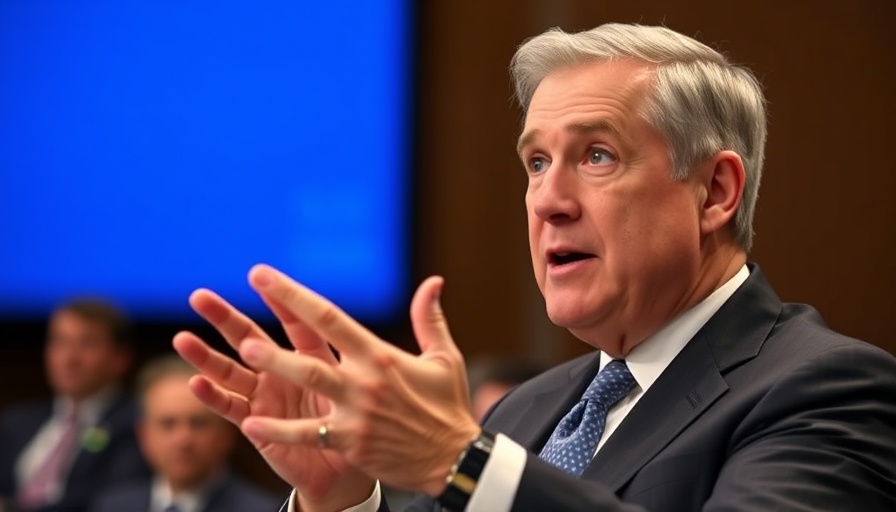
Understanding Tariffs and Their Economic Impact
Tariffs, a common tool in international trade, can have profound effects on the economy. They are essentially taxes imposed on imported goods, designed to protect domestic industries by making foreign products more expensive. However, these protective measures can also lead to unintended consequences, such as increased prices for consumers and disruptions to the supply chain. The current tensions surrounding tariffs introduced under former President Trump highlight the dual-edged nature of these economic strategies.
Why Businesses Are Concerned
The backlash from businesses stems from the inflationary pressures that tariffs can create. When import costs rise, companies often pass these expenses on to consumers, leading to higher prices across the board. This is particularly concerning in an economic landscape already burdened by inflation fears. Business managers are worried that escalating costs will dampen consumer spending and ultimately slow down economic growth. The potential for increased operational costs is forcing some businesses to reassess their pricing strategies and profit margins.
Future Predictions: What Lies Ahead?
As businesses adapt to the current tariff landscape, the future appears uncertain. Continued resistance from the business community could prompt policymakers to reconsider these tariffs, especially if inflation remains a pressing issue. Analysts predict that if tariffs are reduced or eliminated, this could stabilize prices and improve consumer confidence, fostering a more robust economic environment. Conversely, if tariffs persist, businesses may need to employ more innovative approaches to manage costs and maintain profitability, such as renegotiating supply contracts or re-evaluating international sourcing strategies.
The Bigger Picture: Tariffs in a Global Economy
In a globalized market, the impact of tariffs extends beyond national borders. They can lead to retaliatory measures from other countries, creating a cycle of trade disputes that affects global supply chains. The interconnectedness of economies means that decisions made in one country can reverberate worldwide, influencing everything from commodity prices to consumer goods availability. This reality amplifies the stakes for business managers as they navigate a tumultuous economic landscape.
Conclusion: Preparing for Change
Navigating the complexities of tariffs and their consequences requires foresight and strategic planning. Business managers must stay informed about policy changes and actively engage in discussions about trade practices. Understanding the relationship between tariffs and inflation can empower businesses to make informed decisions, ultimately leading to enhanced resilience in an ever-evolving market.
 Add Row
Add Row  Add
Add 




 Add Row
Add Row  Add
Add 

Write A Comment